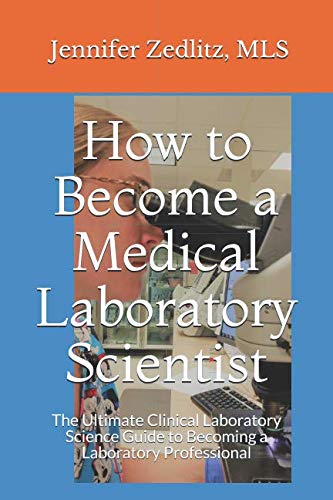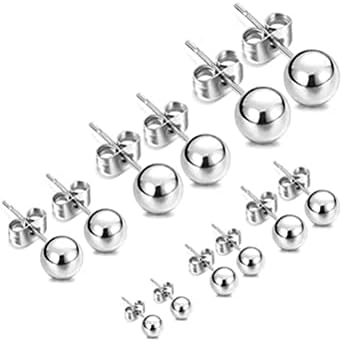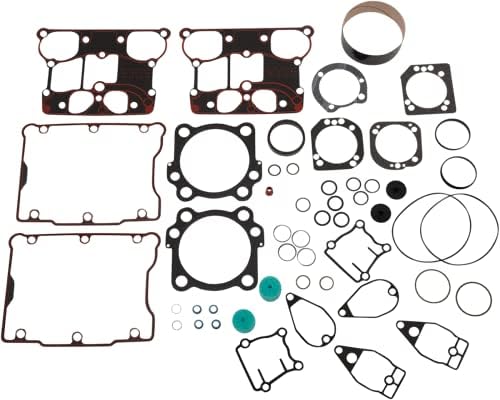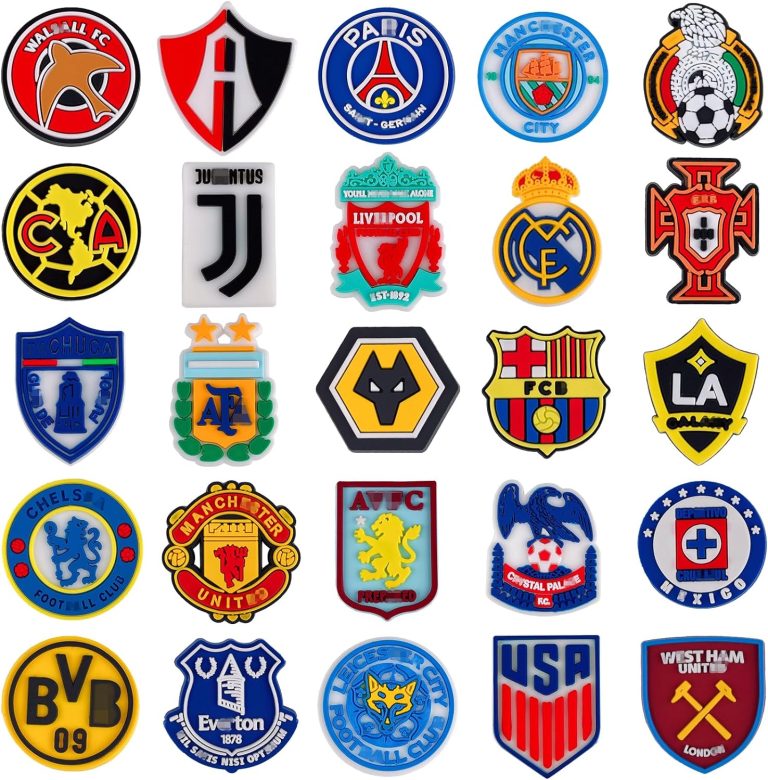Mastering Medical Laboratory Science: Your Path to Lab Professional
How to Become a Medical Laboratory Scientist: The Ultimate Clinical Laboratory Science Guide to Becoming a Laboratory Professional is a comprehensive resource that provides essential information on pursuing a career as a medical laboratory scientist. This guide offers a step-by-step approach to becoming a laboratory professional, covering all aspects of the field, from education and training requirements to job prospects and advancement opportunities. Whether you are a high school student considering a future in clinical laboratory science or a current healthcare professional looking to transition into this field, this guide will provide you with the necessary knowledge and resources to achieve your goals. With its detailed explanations, practical tips, and real-life examples, this guide is the ultimate companion for anyone interested in a fulfilling and rewarding career as a medical laboratory scientist.
How to Become a Medical Laboratory Scientist: The Ultimate Clinical Laboratory Science Guide to Becoming a Laboratory Professional
Medical laboratory scientists, also known as clinical laboratory scientists, play a vital role in the healthcare industry. These professionals are responsible for performing complex tests and analyzing body fluids, tissues, and cells to help diagnose diseases and monitor patient health. If you have a passion for science and a desire to contribute to patient care, a career as a medical laboratory scientist might be the perfect fit for you.
The Path to Becoming a Medical Laboratory Scientist
Educational Requirements: To become a medical laboratory scientist, you need to have a bachelor’s degree in medical laboratory science or a related field. It is important to choose an accredited program that provides the necessary coursework and hands-on training.
Certification: After completing your degree, you will need to pass a certification exam to become a certified medical laboratory scientist (MLS). The American Society for Clinical Pathology (ASCP) offers the most widely recognized certification for medical laboratory scientists. Other certifications, such as the American Medical Technologists (AMT) and the National Credentialing Agency for Laboratory Personnel (NCA), are also recognized in certain states.
Once you have completed your education and obtained certification, you can start your career as a medical laboratory scientist. This profession offers a wide range of opportunities, including working in hospitals, research laboratories, and public health agencies. With the constant advancements in technology and medicine, medical laboratory scientists continue to be in high demand, making it a promising career choice for those interested in the field of healthcare.
Becoming a Medical Laboratory Scientist: The Ultimate Guide to a Lab Professional
To report an issue with this product or seller, click here. This product is published by Independently published on November 18, 2018. It is in English language and has 62 pages. The ISBN-10 is 1731496338 and the ISBN-13 is 978-1731496331. The item weight is 1.19 pounds and the dimensions are 6 x 0.14 x 9 inches.








